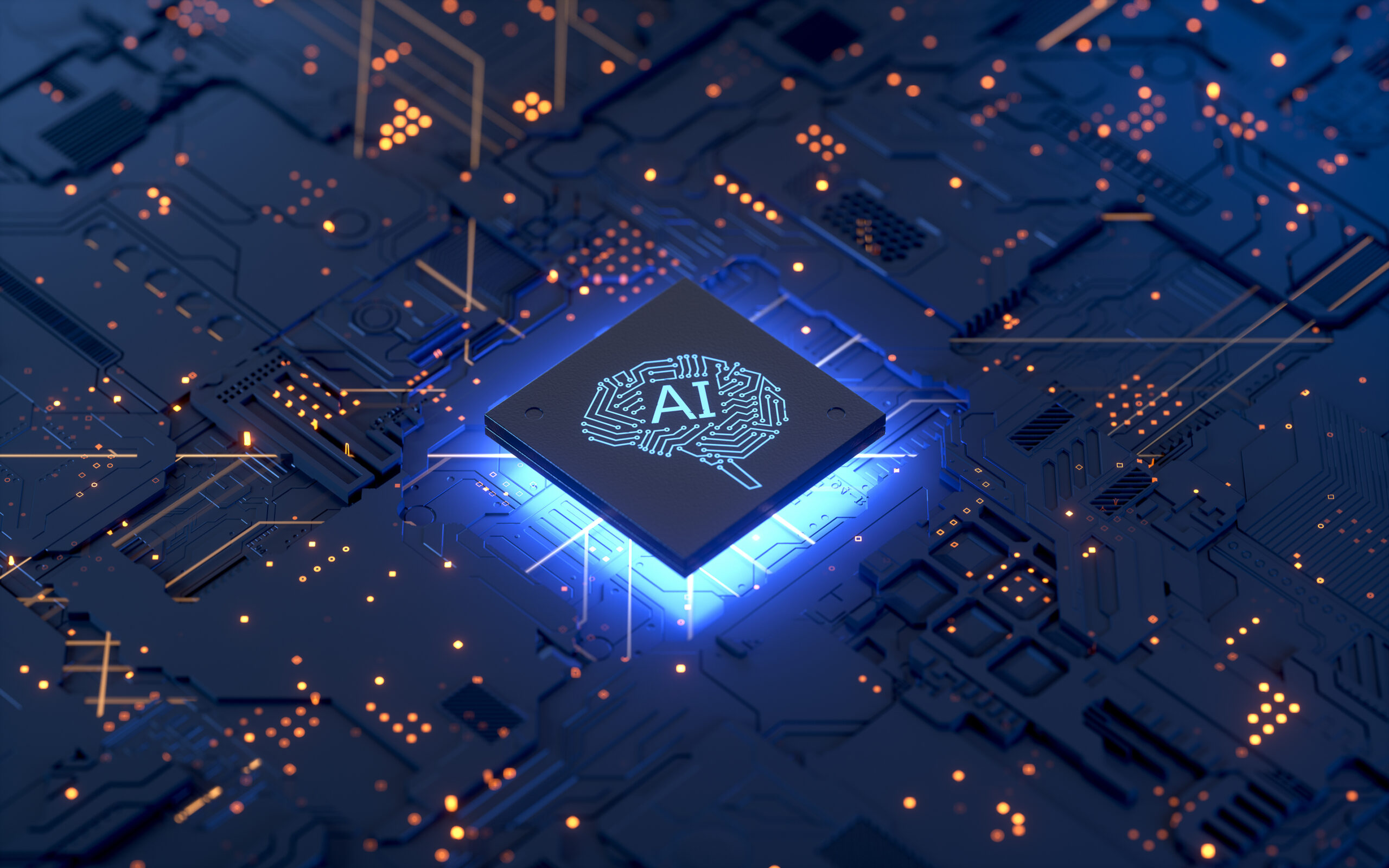Last summer, in conjunction with Human Resource Executive, i4cp conducted a global study of over 1,500 business professionals on the state of AI within the HR function. We titled the study Is HR Already Behind in the AI Revolution?
I’ll give away the ending—the answer is yes.
Here’s why we arrived at that conclusion: Almost two-thirds (60%) of respondents said that HR has little to no involvement in decision-making on AI governance, and over half (52%) said they have little to no confidence in HR’s readiness to contribute to AI strategy. About a third (34%) indicated that their HR teams have no plans to use, or are not ready to use, AI.
Now, I know what you’re thinking. This was last summer. AI is moving so fast, surely things have changed, right?
Well, just a few months ago, we reran many of the same survey questions with a similar-sized audience. Trust in HR’s capabilities barely budged, with 51% of organizations having little to no confidence in HR’s readiness to contribute to AI strategy. And the new survey showed that still close to a third of HR teams have no plans or are not ready to use AI.
This needs to change for a simple reason. Much of the conversation around AI’s impact on the organization involves changes to the workforce. Whether it’s better efficiencies, effectiveness, productivity, acquiring new talent or upskilling existing talent, the focus is squarely on the area of the business we generally expect HR to be the experts on.
The good news is that a significant percentage of companies are more advanced in their adoption of AI, and from a human capital perspective, we found they share common talent strategies. The following chart outlines the top nine talent strategies of these AI Innovators:
Outside of influencing AI strategy and governance, there are also financial and cultural benefits. AI Innovators are statistically more likely to report having:
- High market performance
- Superior levels of productivity and innovation
- Improved cost savings
- Healthier cultures
Conversely, organizations that aren’t AI-ready are statistically more likely to report having low market performance, lower levels of innovation and productivity, and more toxic cultures.
As you might expect, corporate boards are paying closer attention to the AI readiness and strategy of the companies they govern. In another study i4cp conducted, we found that only 9% of board members we surveyed are very confident that their companies are effectively upskilling and reskilling employees for an AI future.
And this is where HR can take the first step.
Today, it’s somewhat surprising that only a small proportion of organizations (22%) are formally developing their employees to leverage gen AI. Additionally, of the organizations that are doing this, most are only upskilling a portion of their total workforce. In fact, only 10% of those surveyed from large organizations (those with 1,000-plus employees) reported that gen AI training is being offered to all employees.

Unsurprisingly, organizations that made up that 10% were more likely to indicate that the organization has high confidence in HR to lead on AI strategy.
As the nine talent strategies indicate, there are many other ways for HR to exert its influence on their organizations’ future AI initiatives. However, initially focusing on the upskilling and reskilling of the workforce is a great place to start making an impact.
Gather tips for upskilling your workforce for AI at HRE’s upcoming HR Technology Europe, May 2-3 in Amsterdam, plus hear Kevin Oakes present i4cp’s research and strategies for AI Innovators in his keynote on May 3. Click here to register.
Credit: Source link











